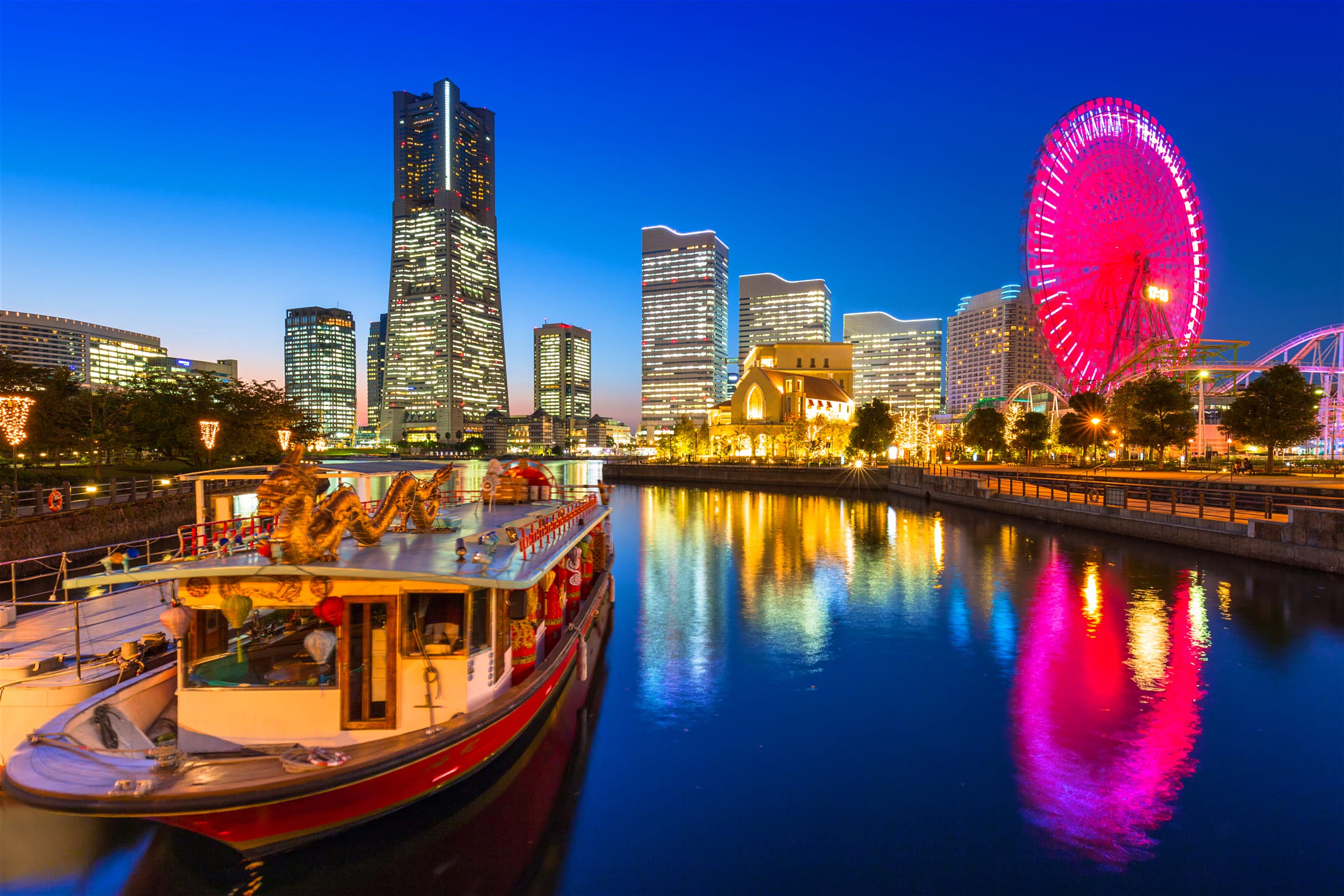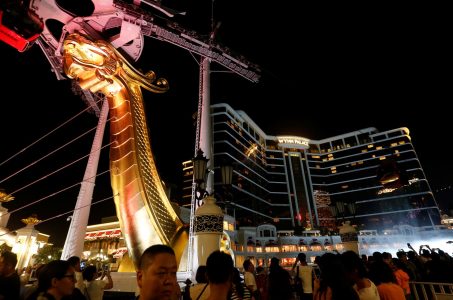Yokohama Deputy Mayor Hirahara Sees Integrated Resort as Key to Lifting Tourism, Revenue
Posted on: January 30, 2020, 11:15h.
Last updated on: January 30, 2020, 12:53h.
Yokohama Deputy Mayor Toshihide Hirahara said an integrated resort will drive new tourism to Japan’s second-largest city and bolster tax revenue.

The politician made those remarks at the 1st IR Expo in Yokohama on Wednesday. Hirahara’s speech was briefly interrupted by an anti-casino protestor who later left the room. Yokohama locals have long opposed the idea of their city becoming a destination for gamblers, but the idea is supported by business leaders and lawmakers.
Hirahara believes an integrated resort is necessary to help Yokohama generate tax revenue necessary for education and infrastructure projects.
There is a decrease in the population and a decrease in collected taxes – JPY 2.5 trillion (US$23 billion) is required to repair roads managed by the city, to rebuild elementary and junior high schools, and for disaster countermeasures,” said the deputy mayor at the expo.
Today, Yokohama’s population is 3.72 million, an increase from 3.42 million two decades ago. However, Japan’s overall birthrate hit a record low last year, and is one of the worst among comparable developed markets, such as the US and the UK.
Challenging Demographics
Last year, there were just 864,000 births in the Land of the Rising Sun, compared with 1.376 million deaths, meaning the country experienced population decline of 512,000. Adding to Japan’s demographic challenges is that its population is old relative to other large, advanced economies, with 20 percent of its citizens 65 and older.
Declining population means, over time, Japan will have a smaller tax base to draw from, prompting some policymakers to point to integrated resorts as an avenue for shoring up part of that shortfall.
Hirahara offered up ambitious projections, noting that an integrated resort in his city could lure 40 million visitors annually, generating $6 billion to $11 billion in economic activity. Local business leaders and policymakers are searching for “sticky” tourists and convention traffic because the bulk of Yokohama’s travel industry currently revolves around day trips, not more lucrative overnight stays.
Operator Interest Is There
Convincing residents that a casino-resort is a good idea is one thing. But Yokohama civic leaders won’t have any trouble wooing the biggest names in the business. At least seven operators are expected to pursue a Japanese gaming license, with plans to build a venue in that city.
Among the marquee operators focusing their Japan efforts on Yokohama are Las Vegas Sands, Melco Resorts and Entertainment, and Wynn Resorts.
In his speech at the expo, Hirahara did not mention specific companies, though he did say operators have brought forth some compelling proposals. Sands is widely viewed as one of the leading contenders to win of the initial three Japanese gaming licenses.
On the company’s fourth-quarter earnings conference call Wednesday, LVS Chairman and CEO Sheldon Adelson didn’t overtly mention Yokohama, but he confirmed the company continues to pursue new markets, including Japan.
Related News Articles
Wynn Resorts Stock Favored as Analysts See Macau Headwinds Abating
Macau Casino Stocks Rally as Some Travel Restrictions Ease
Most Popular
Mega Millions Reportedly Mulling Substantial Ticket Price Increase
NoMad Hotel to Check Out of Park MGM on Las Vegas Strip
VEGAS MYTHS BUSTED: To ‘86’ Someone Was Vegas Mob Slang for Murder
Most Commented
-
End of the Line for Las Vegas Monorail
— April 5, 2024 — 90 Comments -
Mega Millions Reportedly Mulling Substantial Ticket Price Increase
— April 16, 2024 — 8 Comments -
Long Island Casino Opponents Love New York Licensing Delays
— March 27, 2024 — 5 Comments
















No comments yet